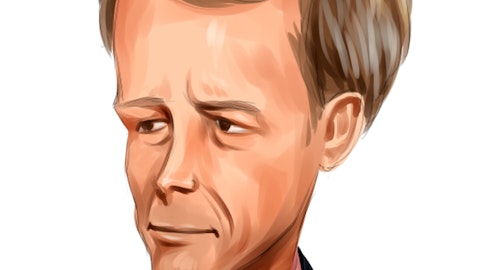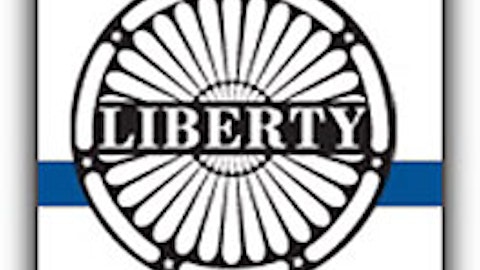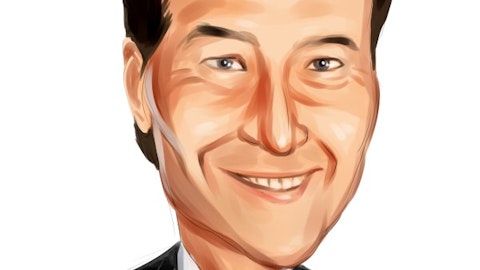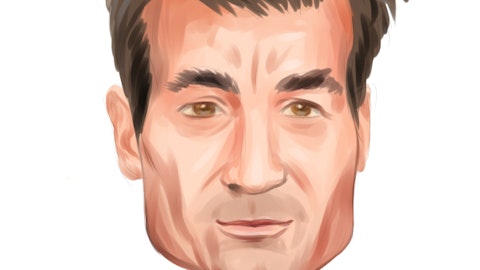In his latest investor letter, Whitney Tilson discusses the 12 largest positions in his portfolio. In 2010 T2 Partners’ biggest winners were General Growth Properties (GGP), Berkshire Hathaway (BRK-A), Liberty Acquisition Corp warrants, and British Petroleum (BP). Bill Ackman and Bruce Berkowitz made a bundle on General Growth Properties as well. T. Boone Pickens and Dan Loeb also snatched BP shares during the Gulf of Mexico crisis.
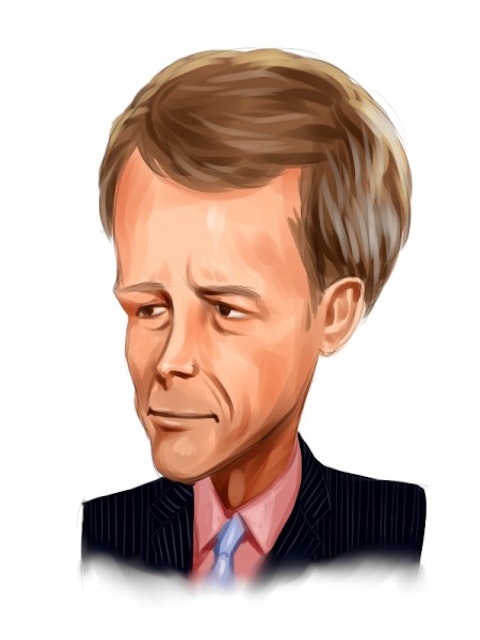
Whitney Tilson isn’t very optimistic about the stock market in 2011. He thinks the stocks are far from cheap but aren’t extremely expensive either. He is concerned about the rising sovereign debt levels in Europe and Japan. Nevertheless, Tilson is extremely bullish about these 6 stocks:
1. Grupo Prisa (GPOFK.PK): This Spanish media company, which owns the leading newspaper and broadcast-TV channel, is trading at a much lower P/E multiple than comparable media companies. Spain is going through tough times and ad spending for newspaper and TV channels went down by 29% in 2009, according to ZenithOptimedia. The spending is forecast to be flat in 2011, so the situation seems to be getting stable right now.
2. Microsoft (MSFT): Microsoft has $3.85 net cash and its P/E multiple excluding net cash is less than 11. This is a very cheap multiple for Microsoft, which has the dominant position in various product markets. The reason MSFT is trading at such a low multiple is that analysts are pessimistic about Microsoft’s future earnings. They estimate an 8% decline in earnings per share for the fourth quarter of 2010. They think Apple’s rise will shrink the PC market and hurt Microsoft. Tilson expects Microsoft to beat earnings estimates and reach $35 in 2011. Barry Rosenstein’s Jana Partners, David Einhorn’s Greenlight Capital, Craig Effron’s Scoggin Capital, and Brevan Howard are some of other hedge funds bullish about Microsoft.
3. Berkshire Hathaway (BRK-B): Tilson argues that Berkshire’s stock price declined by a cumulative 15% since the beginning of 2008, despite the large increase in its intrinsic value. Tilson is expecting a 33% increase in Berkshire in 2011. In 2010, Tilson anticipated that Berkshire will replace Burlington Northern in the S&P 100 and 500 indices. He estimated that index funds would have to buy $38 Billion worth of Berkshire stock, so he significantly increased his Berkshire positions to front run the index funds. In January Berkshire jumped 15.5% and Tilson was handsomely rewarded at the expense of sheepish index fund investors. Previously, Insider Monkey wrote an article demonstrating that investing in index funds have hidden costs – and this is an excellent example of that. If Whitney Tilson’s calculations are correct, the inclusion of Berkshire to the S&P 500 index cost index fund investors around $6 Billion. This is why index investing isn’t really passive investing and actually underperforms passive investing.
4. British Petroleum (BP): Tilson thinks BP is too cheap, trading at 7.3 times 2011 estimates. In June Tilson started to buy BP at $37 down to its low $27. That was sort of a risky move because of the tail risks of bankruptcy. However, in August after the tail risk of bankruptcy was gone, several investors sold the stock from $43 down to $35. That’s when Tilson bought a lot of BP stock, thinking the stock was more attractive on a risk-adjusted basis. He was right- the stock closed above $44 at the end of 2010.
5. General Growth Properties (GGP): Whitney Tilson imitated Bill Ackman in GGP trade and initially bought the stock at below $1. The problem is he didn’t buy enough to make a significant impact on his returns. The stock is worth around $20 including dividend payments and the Howard Hughes Corp (HHC) spin-off.
6. CIT Group (CIT): This is another stock other hedge fund managers such as Seth Klarman and David Einhorn were heavily invested in.
The next 6 stocks in Tilson’s portfolio are Kraft (KFT), Seagate Technology (STX), Iridium (IRDM), Automatic Data Processing (ADP), Resource America (REXI), and AB InBev (BUD).
